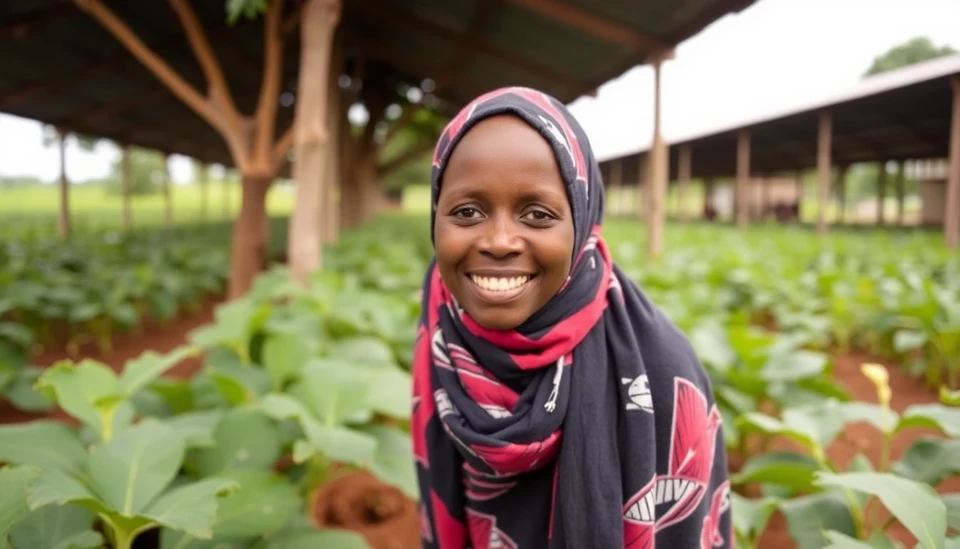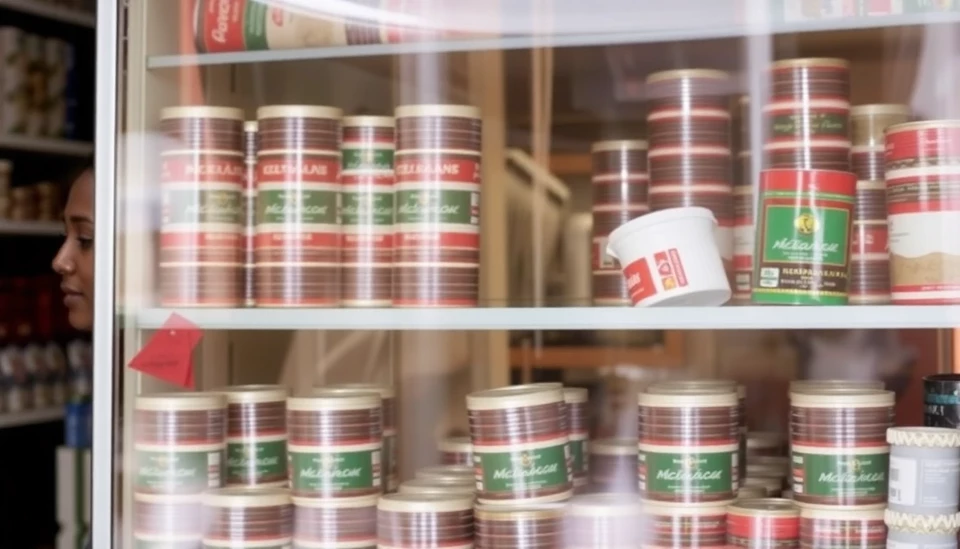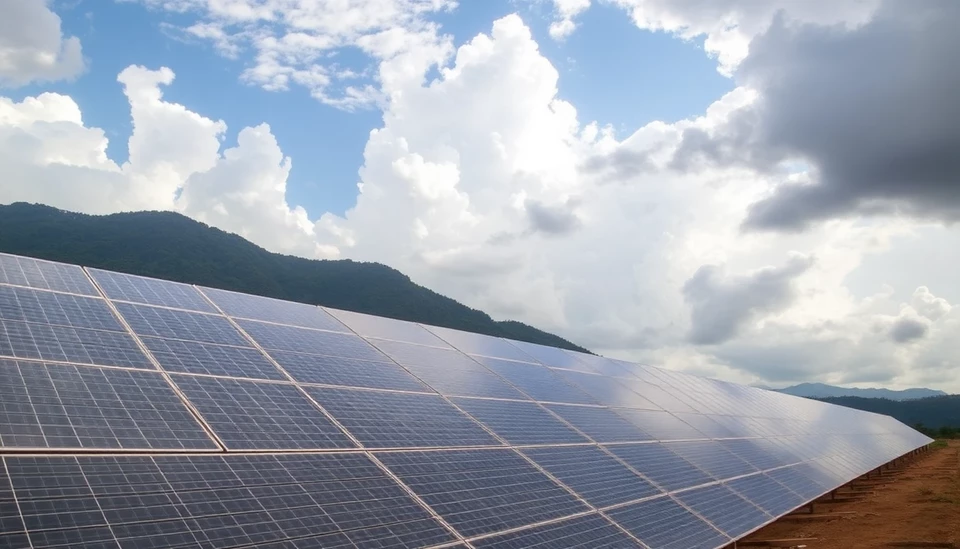
The agricultural landscape in Malawi is undergoing a significant transformation as the country rolls out an innovative crop insurance program designed specifically to empower small-scale farmers to cope with the adverse effects of climate change. With persistent climate events such as droughts and floods becoming increasingly common, this initiative aims to provide a safety net, ensuring that farmers can better withstand the financial shocks brought on by unpredictable weather patterns.
In recent years, the impacts of climate change have become more than just whispers of what might come; they are a reality that Malawi’s farmers face daily. The integration of crop insurance into the agricultural fabric of Malawi is a proactive measure to assist farmers in safeguarding their livelihoods against unpredictable climate conditions. As the agricultural sector remains one of the core pillars of the Malawian economy, the desperate need for such protective measures cannot be overstated.
The pilot project focuses on reaching approximately 16,000 farmers across the region, providing them with the coverage necessary to weather financial storms brought on by natural disasters. Under this program, farmers have the opportunity to receive payouts in the event of failed crops due to emergencies beyond their control. Unlike traditional insurance models that can often exclude smaller farmers due to high premiums, this new approach is designed to be accessible and affordable, thus democratizing financial security within the agricultural community.
One of the standout features of this program is the use of climate technology, which enhances the efficiency and reliability of the insurance model. This technology allows for real-time data collection and advanced forecasting, which can play a critical role in determining payouts to farmers. For instance, by leveraging satellite imagery and weather prediction algorithms, insurance payouts can be triggered automatically based on pre-defined climate conditions, ensuring that help reaches those in need promptly.
Local farmers, such as those in the Kasungu and Mchinji districts, have begun to share their testimonials about the impact of this insurance initiative. They report that having crop insurance provides them peace of mind, allowing them to invest in better seeds and farming techniques without the paralyzing fear of losing everything to a natural disaster. Farmers expressed their renewed sense of hope as they now see they are not alone in their struggles against the whims of nature.
Moreover, experts stress that this insurance initiative is not merely a reactive solution but a strategic component geared towards fostering resilience in the face of climate adversities. As smallholders make up a substantial percentage of the farming demographic in Malawi, enhancing their climate resilience is crucial for achieving greater food security and economic sustainability within the nation.
With support from various stakeholders, including governmental agencies, NGOs, and private investors, the crop insurance program aims to scale up to reach even more farmers in the underserved regions of Malawi. It is a transformative step that not only aids individuals but potentially strengthens the agricultural sector at large, ensuring that it continues to thrive amid the mounting challenges presented by climate change.
As the pilot phase continues, the results garnered from this program could serve as a model for other developing countries grappling with similar challenges. The insights gained will be invaluable not just regionally, but on a global scale as the world looks for innovative solutions to address the multifaceted challenges posed by climate change on agriculture.
In essence, Malawi's pioneering crop insurance initiative highlights the urgency of adaptation strategies that address both the economic and environmental stresses faced by farmers today. By equipping farmers with tools to mitigate risks, Malawi takes a bold step towards enhancing food security and fostering sustainable agricultural practices in an increasingly volatile climate landscape.
As stakeholders continue to rally around this initiative, it remains to be seen how it will evolve and influence broader agricultural policies in Malawi and beyond.
#Malawi #CropInsurance #ClimateChange #Agriculture #Innovation #FoodSecurity #SustainableFarming #SmallholderFarmers #ClimateResilience #AgriculturalPolicies
Author: Rachel Greene


